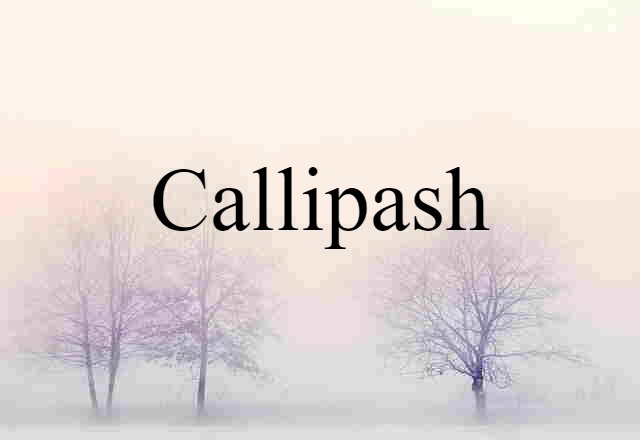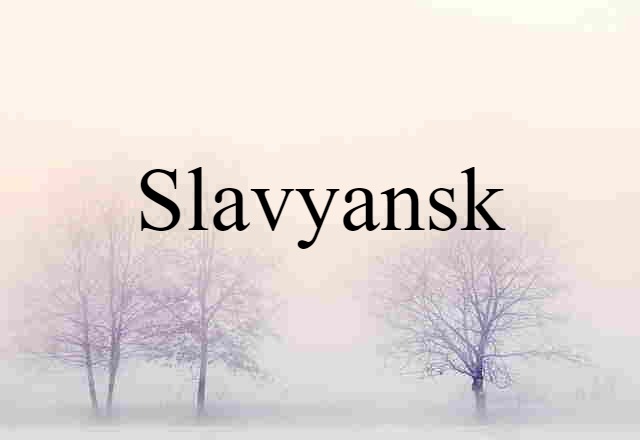- something erected in memory of a person, event, etc., as a building, pillar, or statue: the Washington Monument.
- any building, megalith, etc., surviving from a past age, and regarded as of historical or archaeological importance.
- any enduring evidence or notable example of something: a monument to human ingenuity.
- an exemplar, model, or personification of some abstract quality, especially when considered to be beyond question: a monument of middle-class respectability.
- an area or a site of interest to the public for its historical significance, great natural beauty, etc., preserved and maintained by a government.
- a written tribute to a person, especially a posthumous one.
- an object, as a stone shaft, set in the ground to mark the boundaries of real estate or to mark a survey station.
- a person considered as a heroic figure or of heroic proportions: He became a monument in his lifetime.
- a tomb; sepulcher.
- a statue.
- to build a monument or monuments to; commemorate: to monument the nation's war dead.
- to build a monument on: to monument a famous site.
- an obelisk, statue, building, etc, erected in commemoration of a person or event or in celebration of something
- a notable building or site, esp one preserved as public property
- a tomb or tombstone
- a literary or artistic work regarded as commemorative of its creator or a particular period
- a boundary marker
- an exceptional example
- an obsolete word for statue
- a tall columnar building designed (1671) by Sir Christopher Wren to commemorate the Fire of London (1666), which destroyed a large part of the medieval city

More Definitions
- CORONATE (noun) Definition, Meaning & Examples
- CALLIPASH (noun) Definition, Meaning & Examples
- INAUTHENTIC (noun) Definition, Meaning & Examples
- THIEF, THIEVES (noun) Definition, Meaning & Examples
- SUCCINIC ACID (noun) Definition, Meaning & Examples
- TYPOGRAPHICAL (noun) Definition, Meaning & Examples















